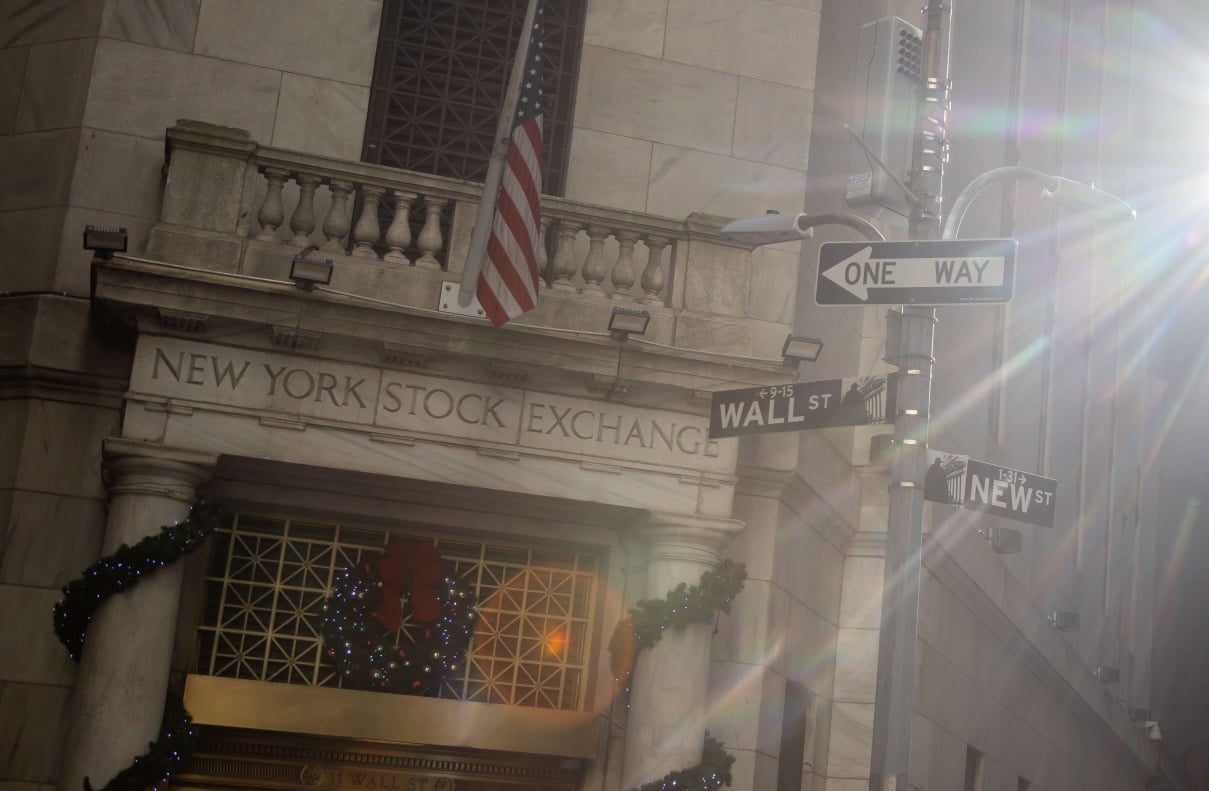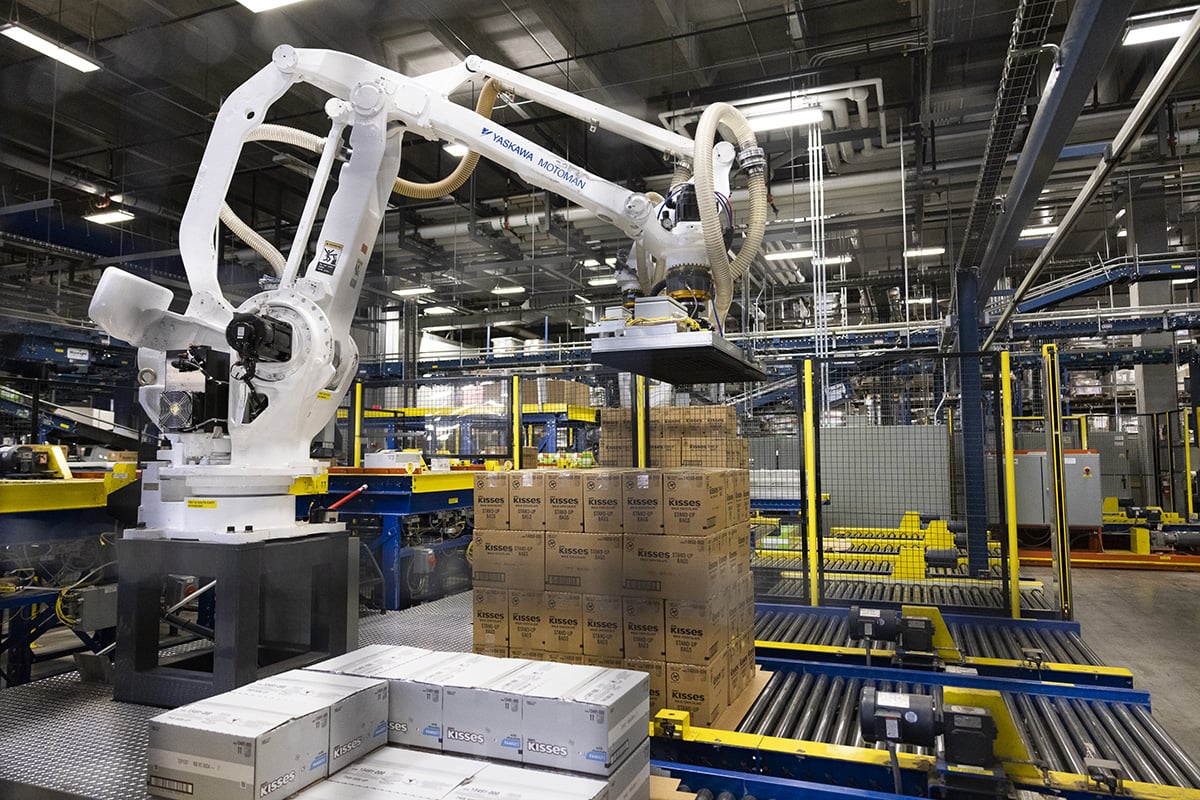Investors are looking to China's daily fixing of the yuan for a sign of goodwill toward the United States after President Donald Trump said a phase-one trade deal had been reached.
So far, the signs aren't too positive.
The People's Bank of China (PBOC) fixed the yuan at almost exactly the same rate on Monday as they did on Friday. A stronger fix would have allayed concern they are manipulating the currency to boost exports.
All eyes now turn to Tuesday's fix. In the onshore spot market on Monday, the yuan appreciated for a fifth day, to 7.0670 per dollar, stronger than the 7.0725 fixing. The offshore yuan also extended a four-day winning streak to trade at 7.0683 per dollar.
"The PBOC may now revert to quietly shoring up the currency as a gesture of goodwill," said Julian Evans-Pritchard, senior China economist at London-based Capital Economics Ltd.
China wants to hold more talks to iron out the details of a deal touted by Trump before agreeing to sign it, according to people familiar with the matter.
Treasury Secretary Steven Mnuchin indicated on Friday that, once the first phase of a trade agreement is complete, he'll consider lifting a U.S. designation that China manipulates its currency.

Still, Evans-Pritchard is skeptical that Beijing and Washington are any closer to a lasting resolution, and he's far from the only one.
A comprehensive trade deal before America's 2020 election seems unlikely, Citigroup analysts Lu Sun and Gaurav Garg said in a client note. The currency pact in the phase-one agreement will likely entail a commitment not to devalue the yuan, instead of "forced, one-way" yuan appreciation, Citi said. Bullish momentum for the offshore yuan could extend for a bit, though obstacles to the currency staying strong past 7.0 per dollar seem high, according to the analysts.
Deutsche Bank AG described the pact agreed over the weekend as "very limited" and noted that it won't be signed for several weeks.
"Not many businesses that have been disturbed by the trade war will yet be able to see a clear pathway ahead," Deutsche Bank strategists, including London-based Jim Reid and Craig Nicol, said in a note to clients. We're not "close to solving many of the bigger issues behind the conflict."
Copyright 2019 Bloomberg. All rights reserved. This material may not be published, broadcast, rewritten, or redistributed.
Complete your profile to continue reading and get FREE access to Treasury & Risk, part of your ALM digital membership.
Your access to unlimited Treasury & Risk content isn’t changing.
Once you are an ALM digital member, you’ll receive:
- Thought leadership on regulatory changes, economic trends, corporate success stories, and tactical solutions for treasurers, CFOs, risk managers, controllers, and other finance professionals
- Informative weekly newsletter featuring news, analysis, real-world case studies, and other critical content
- Educational webcasts, white papers, and ebooks from industry thought leaders
- Critical coverage of the employee benefits and financial advisory markets on our other ALM sites, PropertyCasualty360 and ThinkAdvisor
Already have an account? Sign In Now
*May exclude premium content© 2024 ALM Global, LLC, All Rights Reserved. Request academic re-use from www.copyright.com. All other uses, submit a request to [email protected]. For more information visit Asset & Logo Licensing.





